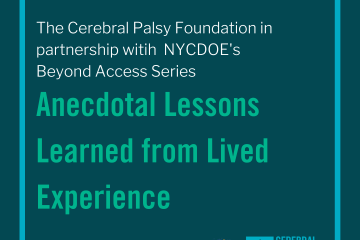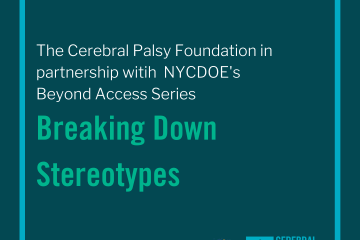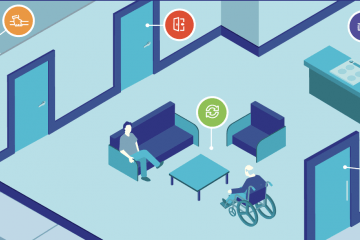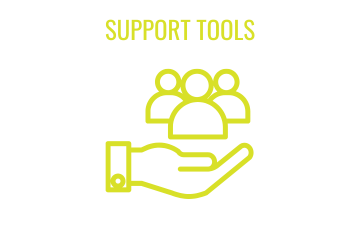Mastery Motivation
There are a couple of key things to think about in helping children and adolescents make the transition into young adulthood and independence.
One of those things is called mastery motivation and we can see mastery motivation early in life. It's the ability to persist in the face of challenge. If you're growing up with a disability, it can be harder to do things. If you are not challenged, if the environment is not set up correctly, or if you don't have the resources, then you start to feel that you can't master certain kinds of tasks.
It's important to make sure that the child can have these experiences or they start to feel that they can't master tasks. Then we start to worry about becoming passive, which of course, would be a real problem for somebody who needs to develop certain independent skills later in life.
An example of mastery motivation could be seen in learning to do math. Often math is taught with manipulatives, objects, and numbers of objects that you have to put into little piles. If you have a physical impairment and you can't move things around very easily, it can be very difficult to go through those early stages of mastering math.
For a child with cerebral palsy, they may be motivated to do particular types of tasks and meet certain types of challenges. But if they have difficulty, then as things go along, they start to feel badly and pull away. They can experience a lack of success. They can start to shut down and become isolated and depressed.
"If the environment is not set up correctly, or if you don't have the resources, then you start to feel that you can't master certain kinds of tasks."







